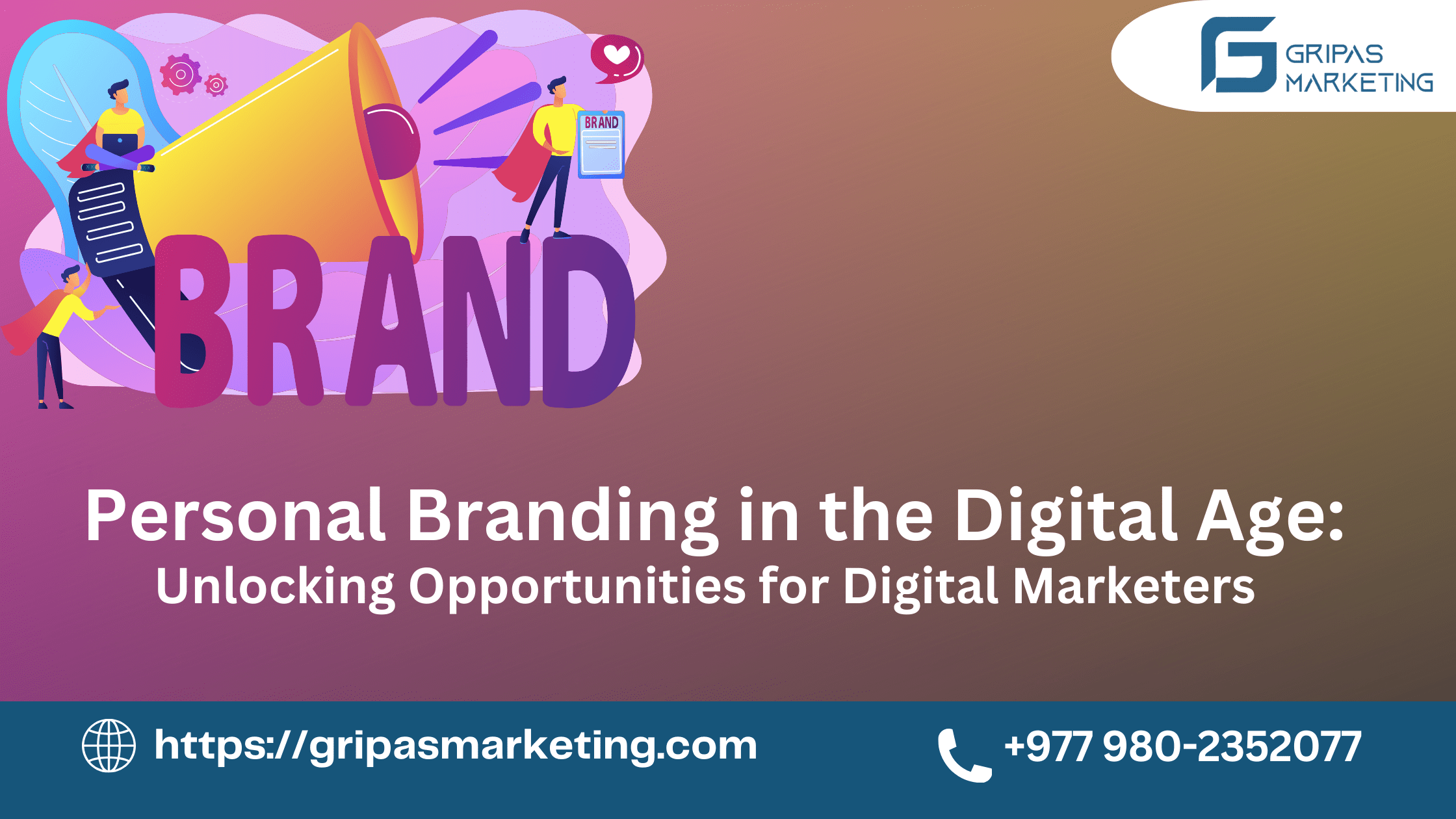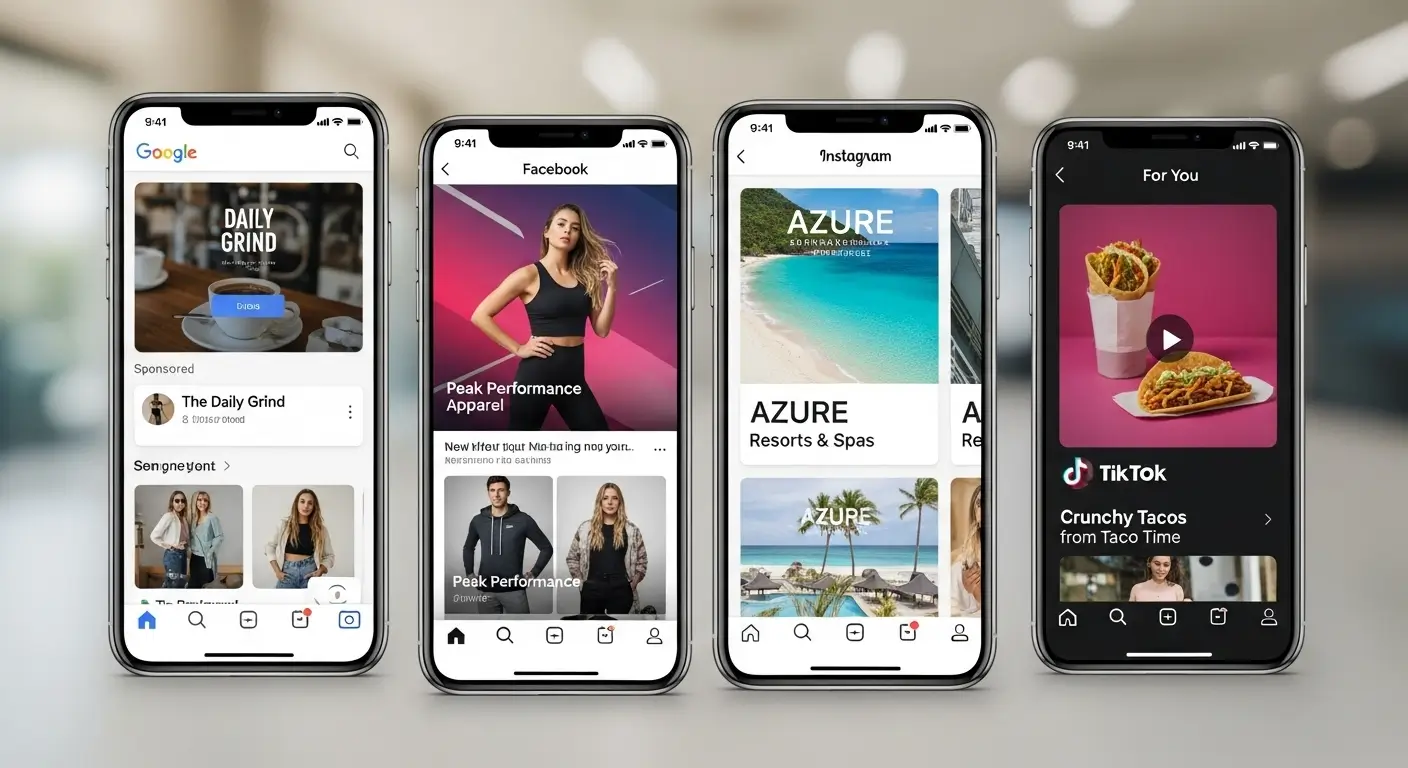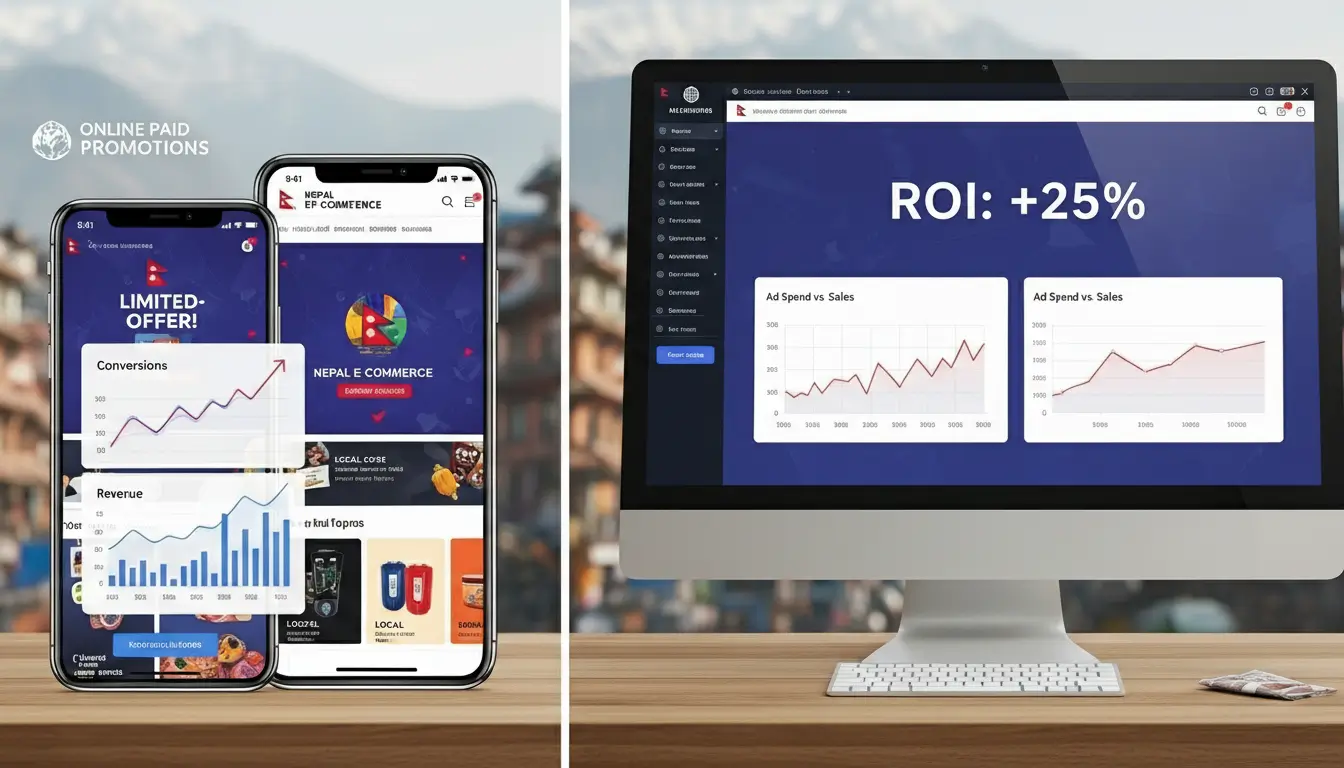The process of developing and promoting a distinctive identity that highlights your beliefs, abilities, and personality is known as personal branding. It’s your online and offline personality that you show the world.
Personal branding is not a new concept. It has existed for years, in fact. Think of famous historical figures like Leonardo da Vinci, Benjamin Franklin, or Mahatma Gandhi. They all had distinctive personal brands that made them stand out and influence others.
However, personal branding has become more important and challenging in the digital age. With the rise of social media, blogs, podcasts, and other online platforms, anyone can create and share their personal brand with millions of people. This means more opportunities, but also more competition and noise.
In this article, we will explore the evolution of personal branding, from its origins to its current trends and best practices. We will also discuss why personal branding is essential in the digital age and how it can help you achieve your personal and professional goals. Whether you are an entrepreneur, a freelancer, a student, or an employee, personal branding can help you stand out, build trust, and attract opportunities.
Understanding Personal Branding
Personal branding has been around for centuries, but it has evolved significantly in the digital age. In the past, personal branding was limited to a few high-profile individuals, such as celebrities and politicians. However, with the rise of social media and other digital platforms, personal branding has become more accessible to everyone.
Personal branding is more important than ever in the current digital era. It allows individuals to showcase their unique skills and talents, build their reputation, and stand out from the competition. Personal branding is more than just coming up with a memorable tagline or logo. It all comes down to projecting a genuine, consistent image that captures your essence and values.
The significance of personal branding in the digital age cannot be overstated. It can help you establish yourself as an expert in your field, attract new clients or customers, and build a loyal following. Personal branding is also essential for job seekers, as it can help them stand out in a crowded job market.
Key Components of Personal Branding
The key components of personal branding are authenticity, uniqueness, and consistency across platforms. Being authentic means sticking to your principles and being who you are. It’s about being honest and transparent in your words and actions. Uniqueness means standing out from the crowd and showcasing your unique skills and talents. It’s about being different and not being afraid to be yourself.
Consistency across platforms means creating a cohesive and authentic image across all your social media platforms and other digital channels. It’s about using the same profile picture, bio, and messaging across all your platforms. This helps to create a consistent and recognisable image that people will associate with you and your brand.
In order to build a successful personal brand, you need to be authentic, unique, and consistent across all your platforms. You need to showcase your skills and talents in a way that is true to who you are. You also need to be consistent in your messaging and branding across all your platforms.
By following these key components of personal branding, you can build a strong and authentic personal brand that will help you stand out from the competition and achieve your goals.
Digital Tools for Personal Branding
It allows you to showcase your unique skills and talents, build your reputation, and stand out from the competition. We’ll explore two digital tools that can help you build your personal brand: leveraging social media and creating a personal website.
Leveraging social media is a great way to build your personal brand. Social media platforms like LinkedIn, Twitter, and Instagram allow you to showcase your skills and accomplishments, connect with other professionals in your field, and build a loyal following. By consistently sharing valuable content and engaging with your audience, you can position yourself as an expert in your field and gain the trust and loyalty of your followers. It’s important to choose the right social media platforms that align with your goals and target audience.
Creating a personal website is another powerful tool for building your personal brand. A personal website allows you to showcase your skills and accomplishments in a more detailed and comprehensive way. You can include your resume, portfolio, and other relevant information that can help you stand out from the competition. A personal website also allows you to control your online presence and make it easier for potential clients or employers to find and connect with you.
In order to build a successful personal brand, it’s important to leverage social media and create a personal website. These digital tools can help you showcase your unique skills and talents, build your reputation, and stand out from the competition.
Significance in Digital Marketing
Personal branding can be a competitive advantage in the digital age, as it can help you establish credibility and trust with your target audience.
In today’s highly competitive job market, personal branding can have a significant impact on career growth and opportunities. By creating a strong personal brand, you can differentiate yourself from other candidates and increase your chances of getting hired. Personal branding can also help you build a reputation as an expert in your field, which can lead to more business opportunities and partnerships.
To create a personal brand, you need to identify what makes you unique and what you want to be known for. You can then start creating content that reflects your personal brand, such as blog posts, social media posts, and videos. It is important to choose a platform that best suits your talents and to commit to posting regularly. By doing so, you can start building an audience that is interested in your work and your personal brand.
Personal branding is an essential part of digital marketing that can help you establish a unique identity and stand out from the competition. By creating a strong personal brand, you can differentiate yourself from other candidates and increase your chances of getting hired. Personal branding can also help you build a reputation as an expert in your field, which can lead to more business opportunities and partnerships.
Utilising Social Media for Personal Branding
Social media is a powerful tool for personal branding, as it allows you to showcase your values, skills, and personality to a large and diverse audience. However, to use social media effectively for personal branding, you need to consider two important aspects: choosing the right platforms and creating and curating relevant content.
Choosing the right platforms means selecting the social media channels that suit your goals, audience, and style. You don’t need to be on every platform, but you do need to be on the ones that matter to you and your target market. For example, if you are a photographer, you might want to focus on Instagram and Pinterest, where you can display your visual portfolio. If you are a writer, you might want to use Twitter and Medium, where you can share your thoughts and stories.
Creating and curating relevant content means producing and sharing content that reflects your personal brand and adds value to your audience. You need to create content that is original, authentic, and engaging, and that showcases your expertise, passion, and personality. You also need to curate content that is relevant, useful, and interesting, and that supports your personal brand and your audience’s needs. For example, you can share articles, videos, podcasts, or infographics that relate to your niche, industry, or interests.
By utilising social media for personal branding, you can build your online presence, reputation, and influence. You can also connect with your potential customers, clients, employers, or collaborators and establish trust and credibility. Social media can help you stand out, attract opportunities, and achieve your personal and professional goals.
Challenges in Personal Branding
One of the most common obstacles is inconsistency. In the digital world, our actions, words, and images weave the fabric of our personal brand. A mismatch between these elements can lead to a fragmented brand image. Overcoming this requires self-awareness and a commitment to authenticity. It’s about aligning our online persona with our true selves, ensuring that our digital footprint is a genuine reflection of who we are.
Another challenge is the fear of visibility. Putting ourselves out there can be intimidating. But remember, personal branding is not about being famous; it’s about being recognised for our values and skills. Embracing visibility means stepping out of our comfort zone and sharing our unique perspective with the world.
Then comes the hurdle of negative feedback and criticism. In the digital age, everyone has an opinion and not all of them will be positive. Handling this requires resilience and a growth mindset. Negative feedback, when constructive, can be a valuable tool for improvement. It’s about learning to separate the wheat from the chaff, taking on board useful critiques, and discarding malicious comments.
In the end, the challenges in personal branding are stepping stones, shaping us and our brand as we navigate through the digital landscape.
Future Trends in Personal Branding
One such trend is the rise of personal websites and portfolios. They are becoming digital homes, showcasing our skills, experiences, and personalities. They are more than just online resumes; they are platforms for storytelling, where we can share our journey, values, and vision.
Another trend is the growing importance of social proof. Testimonials, endorsements, and social media interactions are playing a crucial role in building credibility and trust in our personal brand.
The rise of video content is another game-changer. From vlogs to webinars, video content is adding a new dimension to personal branding, making it more personal and engaging.
Lastly, the trend of personal branding is moving towards authenticity and transparency. The digital audience values real, relatable content. So, being true to ourselves and showing our human side is becoming more important than ever.
Adapting to these trends is not about jumping on every new platform or tool. It’s about understanding these trends, aligning them with our brand values, and integrating them into our personal branding strategy.
Our Client Success Story
We have helped one of our clients build a strong personal brand by designing and developing a professional personal portfolio website tailored to his goals and identity. With a clean design, clear messaging, and SEO-friendly structure, his online presence improved significantly, helping him stand out and gain more visibility.
Networking and Collaboration
In the world of personal branding, networking and collaboration are like two sides of a coin, each complementing and enhancing the other. Networking is not just about exchanging cards for business at events. It’s about building meaningful relationships. It’s about engaging in conversations, sharing insights, and learning from others. It’s about being curious, open, and genuine. Leveraging networking opportunities means stepping out of our comfort zone, reaching out to others, and nurturing these connections.
On the other hand, collaboration is about working together towards a common goal. It’s about recognising the value that others bring and combining our strengths. It’s about learning from each other, growing together, and creating something bigger than ourselves.
In the industry, collaborating with others can open doors to new opportunities. It can lead to joint projects, co-authored articles, or shared events. It can enhance our visibility, broaden our perspective, and enrich our personal brand.
Conclusion
In conclusion, personal branding is a journey of self-discovery and growth in the digital world. It’s about authenticity, resilience, and adaptability. Despite the challenges, it offers a wealth of opportunities. Emerging trends are continually shaping our personal branding strategies, adding new dimensions to our digital identity.
The key takeaway is that personal branding is not a luxury but a necessity in today’s digital age. It’s about managing and optimising how we are perceived online. It’s about sharing our unique story with the world.



